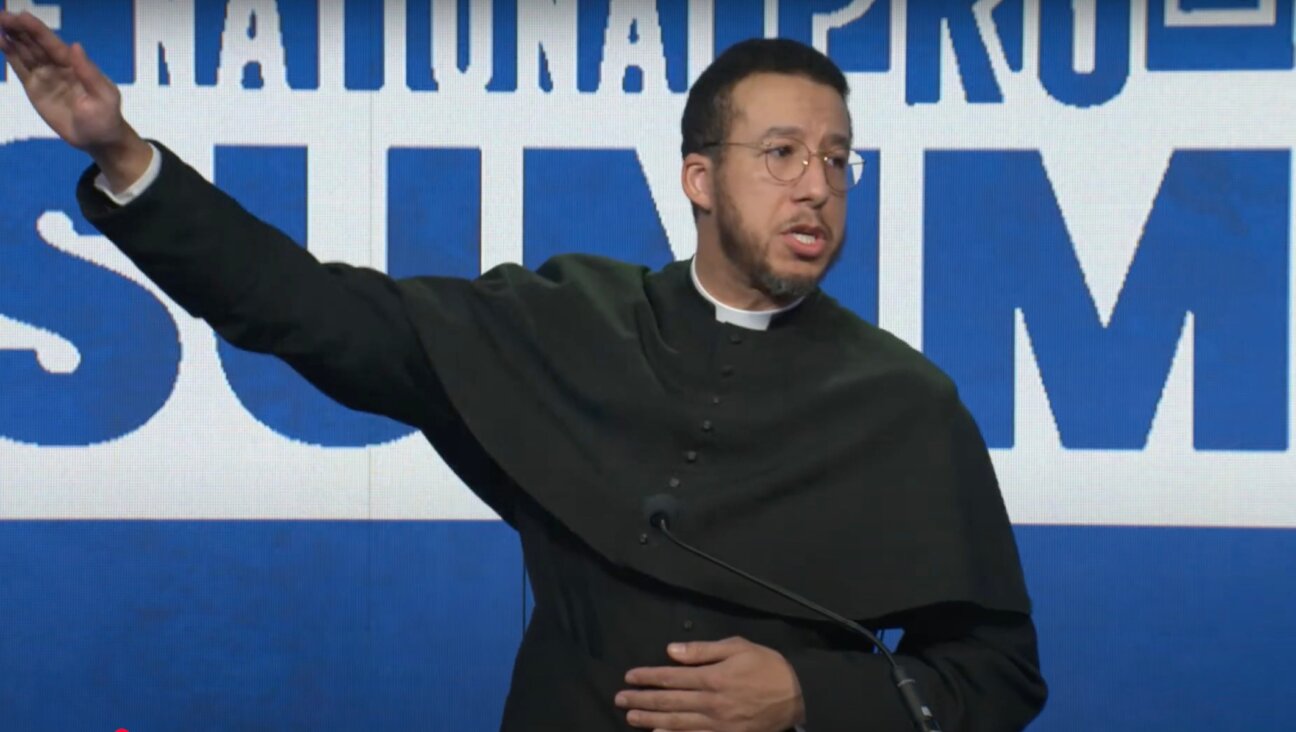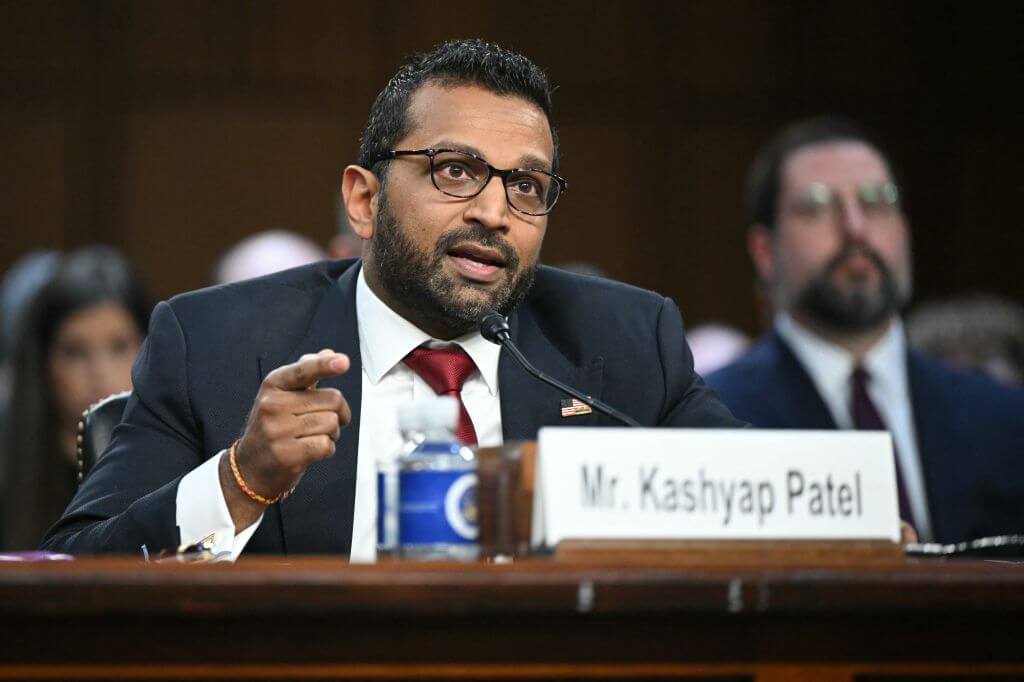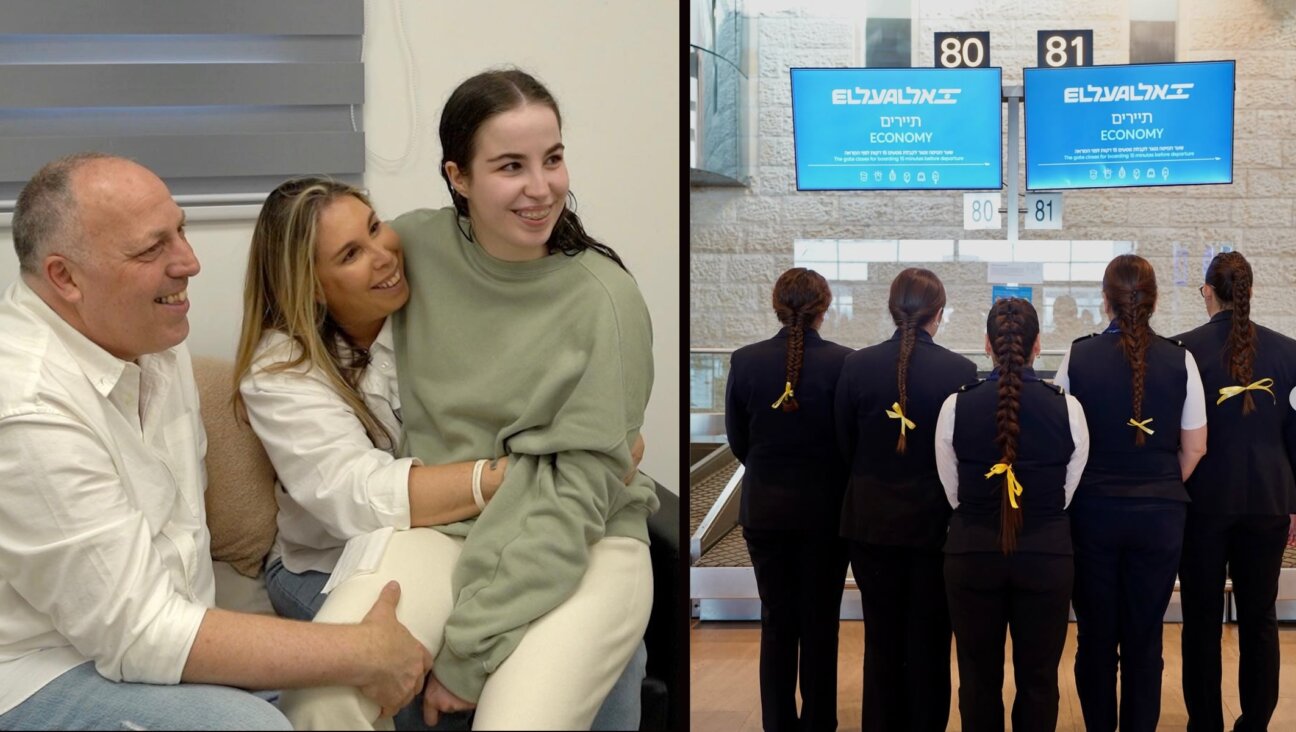The Murder Trial Will Be Televised

“Captivated: The Trials of Pamela Smart” is a documentary about the 1990 media spectacle of the first televised murder trial. Reality TV was in its infancy. Pamela Smart, 21, was accused of plotting the murder of her husband. The young men who carried out the murder got reduced sentences for serving her up as a black widow. The film explores the impact of TV on the case and on public opinion. The jury was not sequestered and it seems Smart was tried and convicted in the media.
Filmmaker Jeremiah Zagar investigated Pamela Smart’s trial and questions arose about the nature of justice, fame and storytelling. Was this trial fair? We talked to Zagar about the role the media played in the outcome of the trial.
Dorri Olds: What was it like visiting Pamela Smart in prison?
Jeremiah Zagar: Meeting her convinced me to make the film. She was different in person than any of the archival footage I’d seen. She’s incredibly smart, funny and warm, not that wooden, cold person on TV. I thought I’d make a film about this person you’ve never met before. The film became about how the camera changes people and changed her trial.
Do you mean she had stage fright?
It’s more than stage fright; it’s incalculable, almost ephemeral. We relate it in the film to the Heisenberg Principle, where people are different simply because you’re watching them.
Do you think people think of Pamela Smart as Nicole Kidman’s character in “To Die For”?
Yes, and there is nothing further than the truth. Nicole Kidman didn’t spend time with Pamela to study her character. Nicole Kidman created a character based on Joyce Maynard’s novel.
How did Pamela feel to see her life mocked like that?
That film that ostensibly is her life story makes Pamela incredibly angry. She kept telling me, “That is not my story.” There were two crimes committed against Pamela. One, she got a very unfair trial and two, her name has been stolen. At the end of “The Crucible” John Proctor says, “Because it’s my name. I cannot have another.” My hope is that my movie gives Pamela back her story.
She received a life sentence without parole, correct?
Yes, and even Charles Manson gets the possibility of parole.
Do you think prison officials see Pamela Smart as a threat to society?
They see Pamela Smart as the woman in “To Die For.” She’s been raped in prison, and beaten. Whenever a new inmate comes in they say, “I’ve seen your film. I know who you are.” Once they get to know her they feel very differently. She’s a teacher in prison. She’s helped tons of people get their degrees. She’s gotten two master degrees. She’s an AIDS counselor. She’s become this very revered person in prison but at first people believe that she is the person they’ve seen Nicole Kidman play, or the person they’ve read about or seen on TV.
Do you think she was raped and beaten because of who she is or do you think that’s just the nature of being in prison?
I think she was raped and beaten for who she is, for sure.
It must’ve felt like a godsend to her that you came and made this film.
Yes, but the film is not an advocacy film. It is to show that she got a real shitty trial and to show people that they could be in that situation. There was a study done after 9/11 about trauma and memory. They interviewed a large number of people who had been present in New York on 9/11 and they asked them where they were when it happened. They kept interviewing them over longer periods of time, six months, a year, three years, and 60 percent of the people changed their story about where they were. The Pamela Smart case took place a year after the crime.
What’s next for you?
I just came out of the Sundance Labs and was very lucky to have been selected. I am doing my first narrative feature based on the book, “We the Animals,” by Justin Torres. It’s about a young boy growing up in upstate New York and finding himself in a family that’s lost. The first film I made was “In a Dream,” about my family. They’re a very loving family who treat each other fairly brutally. It was because of that film that Lori Cheadle, the producer, asked me to make “Captivated.”
We need to question our systems, the system of family, of marriage, the justice system and our political system. We as a society tend to want easy answers and easy solutions and that comes up in “Captivated.” It’s easier to shout, “Kill the bitch.” It’s easier to throw Pamela Smart away but it’s important that we question why.
A message from our Publisher & CEO Rachel Fishman Feddersen

I hope you appreciated this article. Before you go, I’d like to ask you to please support the Forward’s award-winning, nonprofit journalism so that we can be prepared for whatever news 2025 brings.
At a time when other newsrooms are closing or cutting back, the Forward has removed its paywall and invested additional resources to report on the ground from Israel and around the U.S. on the impact of the war, rising antisemitism and polarized discourse.
Readers like you make it all possible. Support our work by becoming a Forward Member and connect with our journalism and your community.
— Rachel Fishman Feddersen, Publisher and CEO























